About
Gonzaga’s Jesuit, Catholic, Humanistic education will challenge and inspire you.

Rethink Waste is Gonzaga’s campaign to reduce waste on campus and in the community. It is supported by Gonzaga’s Environmental Organization and the Office of Sustainability.
This page provides details about waste reduction efforts on campus.
For more information about waste on campus please visit @zagsustainability on Instagram.
Battery Recycling Stations Gonzaga has multiple battery recycling stations available across campus. These stations accept household and personal use batteries, making it easier than ever to dispose of them safely and sustainably. Look for the long, light blue tubes, and remember: all batteries must be placed in a tied plastic bag before disposal. Station locations:
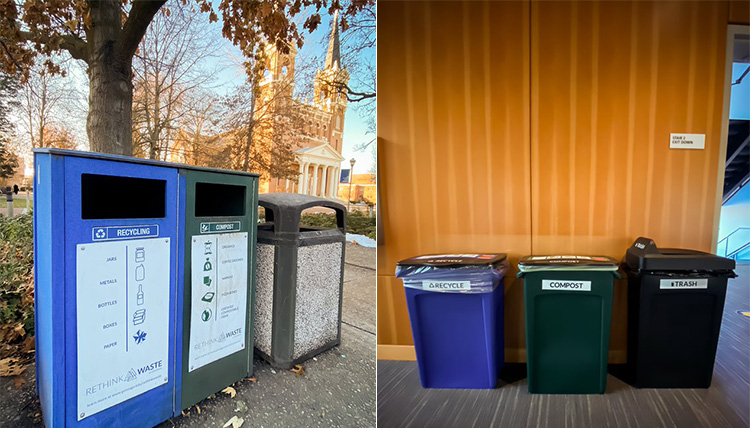
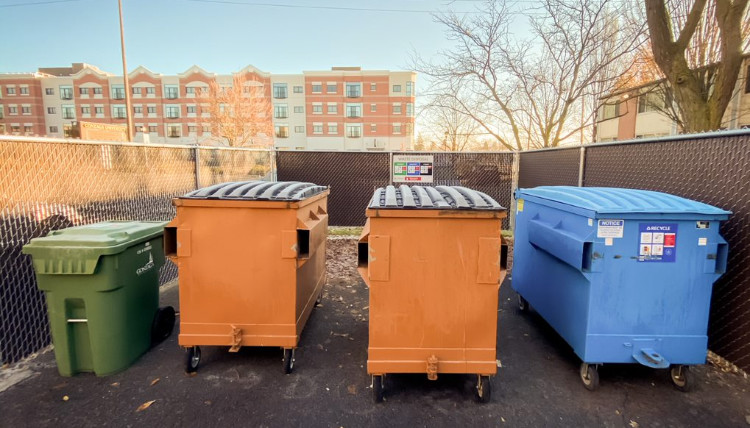
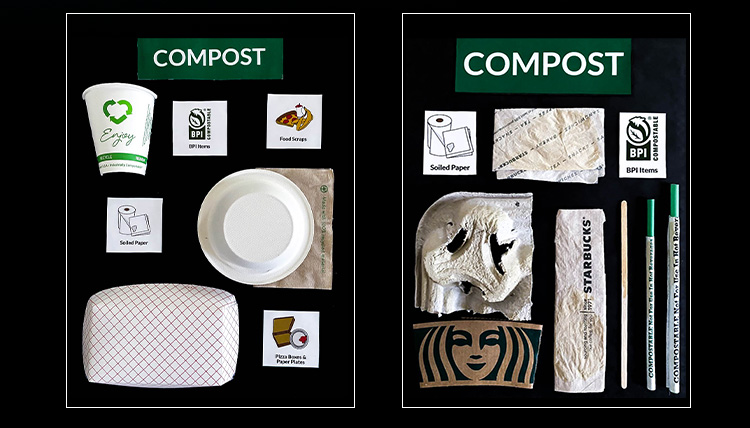
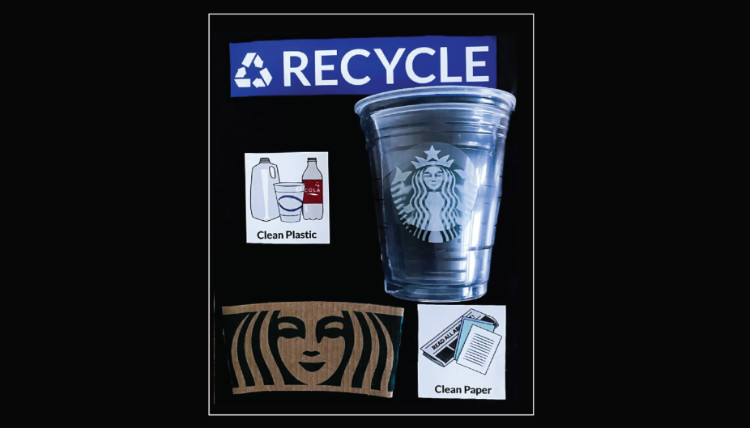
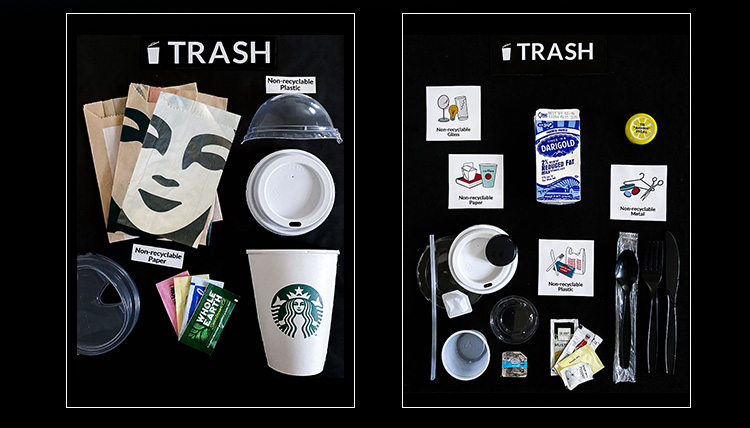
Employees can request small recycling bins for their offices, or the 3-stream set of recycling, compost, and trash bins from Plant Services at customerservice@plant.gonzaga.edu.
Gonzaga and the City of Spokane use single-stream recycling! Any recyclable item from the list below can be placed in any of the recycling bins on campus. All objects must be clean and emptied before recycling.
(All plastic numbers are now accepted, these numbers (1-7) can be found on the bottom of the item inside the recycling symbol)
** All lids and caps for cold coffee cups, bottles, jars, and tubs go in the trash
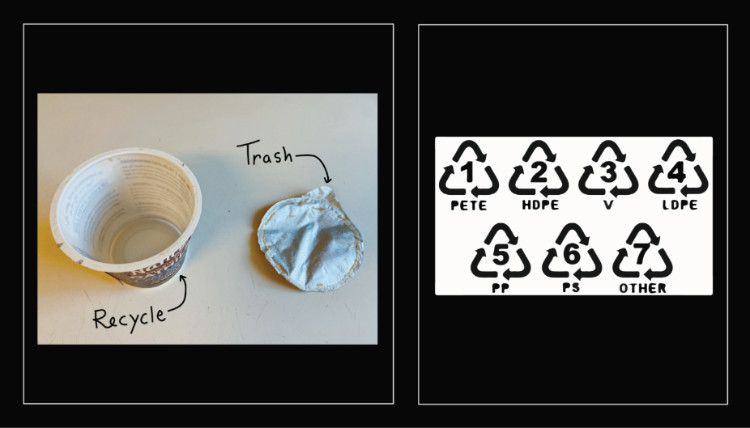
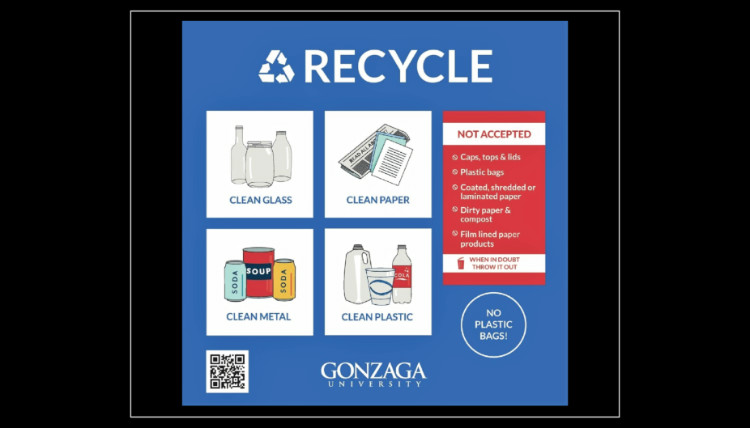
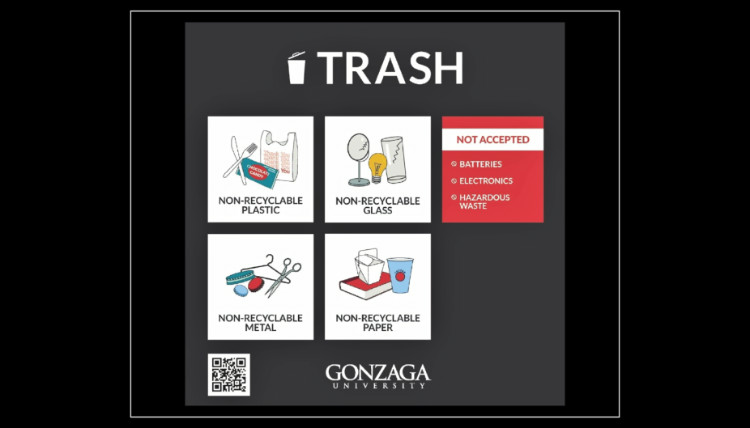
Compost is decomposed organic material, made up of natural decaying items like food scraps, dirty paper, and yard debris. These materials are important because through the decomposition they will turn into beneficial and nutrient rich soil that helps to grow fruitful plants. However, composted materials do not readily decompose in landfills because of the lack of oxygen from decompression and methane released through incineration is extremely harmful. Avoiding contamination and composting correctly reduces pressure on landfills, and helps return nutrients to life-sustaining soils!
**No rocks
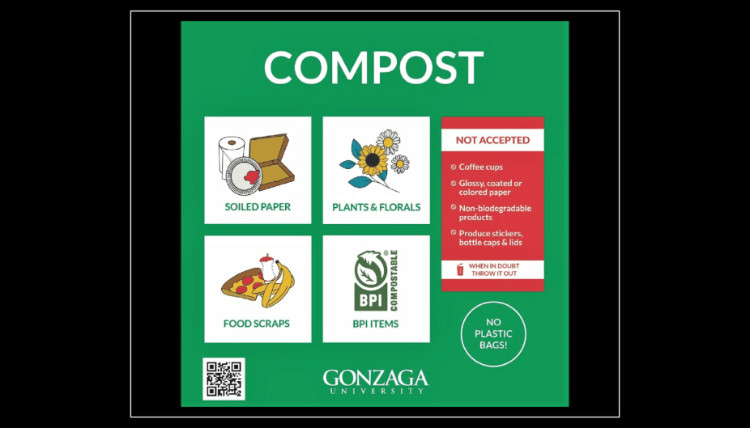
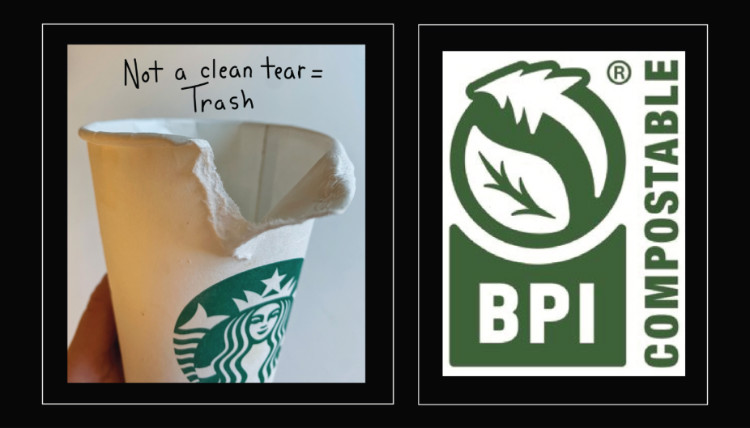
You can also check if an item is compostable by visiting https://products.bpiworld.org/.
Rethink Waste is dedicated to educating and facilitating change regarding environmental justice. Waste sites and pollution continue to perpetuate the oppression of Black, Indigenous, and People of Color (BIPOC). We believe it is our duty to create a cleaner and more just society for everyone. Please read below for more information on how waste disproportionately affects BIPOC communities.